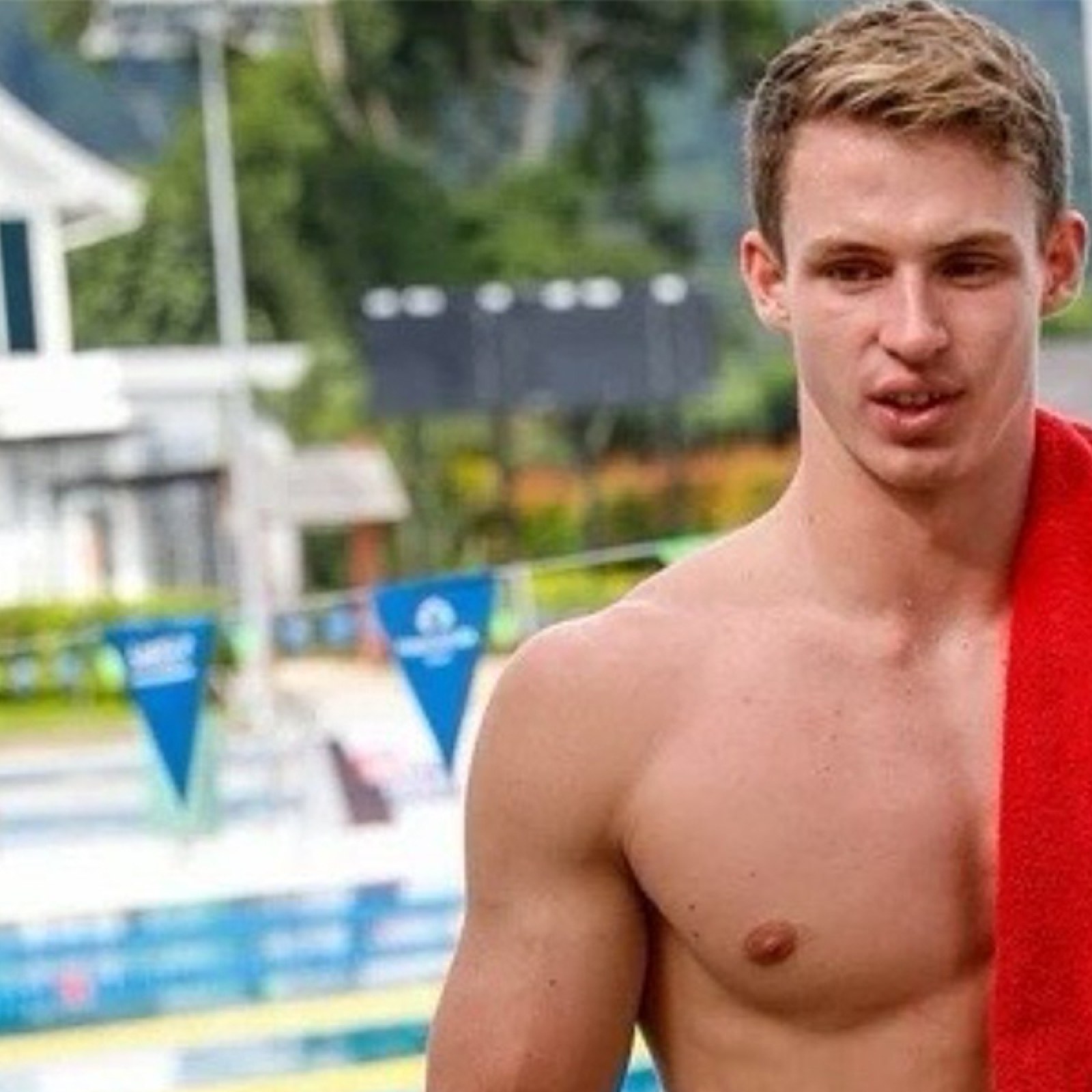Ben Proud Officially Joins Enhanced Games: What Is It and Why It's Controversial
Aquatics GB and UK Sport condemn Proud's decision to join Enhanced Games

Olympic silver medallist Ben Proud has confirmed he will retire from traditional swimming to join the Enhanced Games, a controversial new competition that allows the use of performance-enhancing substances. The 30-year-old British swimmer announced his decision on social media this week, making him the first athlete from the UK to commit to the event, which is scheduled to debut in Las Vegas in May 2026.
Who is Ben Proud?
Ben Proud is one of Britain's most decorated sprinters in swimming. Born in 1994, he specialised in short-distance freestyle and butterfly events and built a reputation as one of the fastest swimmers in the world. At the Paris 2024 Olympics, Proud won a silver medal in the 50m freestyle, adding to a career that already included multiple World Championship titles and gold medals at the Commonwealth Games.
Proud revealed his decision in a statement shared online, saying it was 'time for a shift' and that he was beginning a new chapter outside the framework of traditional sport. His move signals the end of his professional career under the rules of World Aquatics, the international swimming federation.
What Are the Enhanced Games?
The Enhanced Games is a new sporting competition set to launch in May 2026. Unlike the Olympics and other regulated events, it permits athletes to use performance-enhancing drugs and other substances. Organisers promote it as an alternative to traditional sport, designed to push the boundaries of human performance.
According to its official announcements, the Enhanced Games will feature competitions across athletics, swimming, strength, and combat sports. The event's organisers argue that by allowing enhanced athletes to compete openly, it offers a more transparent environment compared to sports where doping scandals have persisted despite strict testing.
Why Ben Proud Joined the Enhanced Games
In explaining his decision to SwimSwam, Proud said that there was 'no obligation for me to take anything' in order to compete at the Enhanced Games. He framed his move as an opportunity to test himself in a new environment, insisting that his participation does not equate to endorsing doping in sport.
'It's a chance to chase the outer edge of human potential,' Proud wrote on Instagram. He emphasised that his decision reflected his respect for sport and his desire to remain competitive under a different framework.
Reaction from Governing Bodies
The announcement drew swift responses from British and international sporting organisations. Aquatics GB, the governing body for swimming in the United Kingdom, issued a statement saying it was 'immensely disappointed' with Proud's decision, calling it inconsistent with the principles of clean sport.
UK Sport, the agency responsible for distributing government funding to elite athletes, also condemned the Enhanced Games. A spokesperson said the organisation 'condemns everything the Enhanced Games stand for' and confirmed it was reviewing whether Proud remained eligible for public funding.
UK Anti-Doping (UKAD) joined the criticism, warning that such competitions undermine decades of progress in anti-doping efforts. In a statement, UKAD said it was concerned about the risks to athlete welfare and the example being set for future generations.
Why the Move Is Controversial
The Enhanced Games has faced significant opposition since its announcement, largely due to concerns about health, fairness, and integrity in sport. Critics argue that normalising drug use in competition could put athletes under pressure to take substances in order to remain competitive, regardless of the long-term health consequences.
World Aquatics and other federations have also discussed sanctions for athletes who participate in the Enhanced Games. Taking part could make competitors ineligible for future traditional events, effectively closing the door on any return to the Olympic stage.
The controversy has also raised questions about sponsorships and funding. Athletes aligned with the Enhanced Games may risk losing commercial support, particularly from companies that prioritise association with clean sport. Proud's move has therefore sparked debate not only about sporting values but also about the future direction of professional athletics.
© Copyright IBTimes 2025. All rights reserved.





















